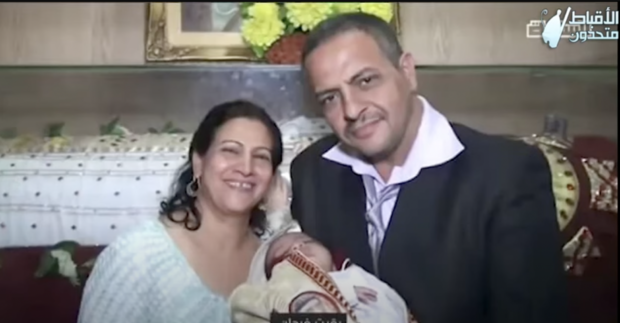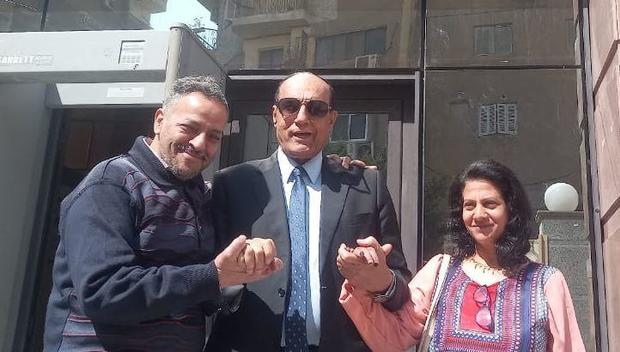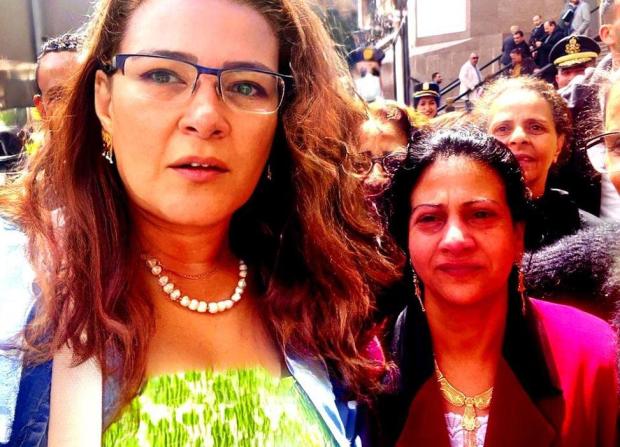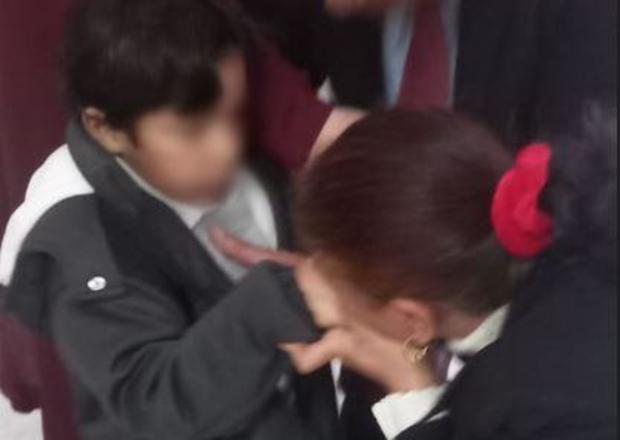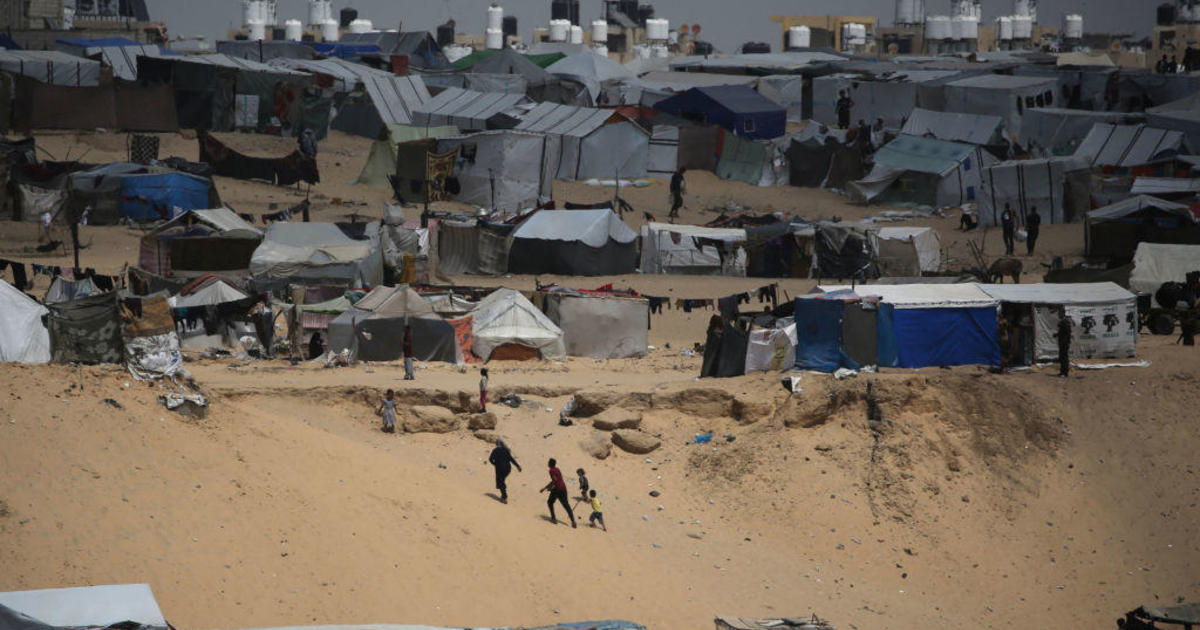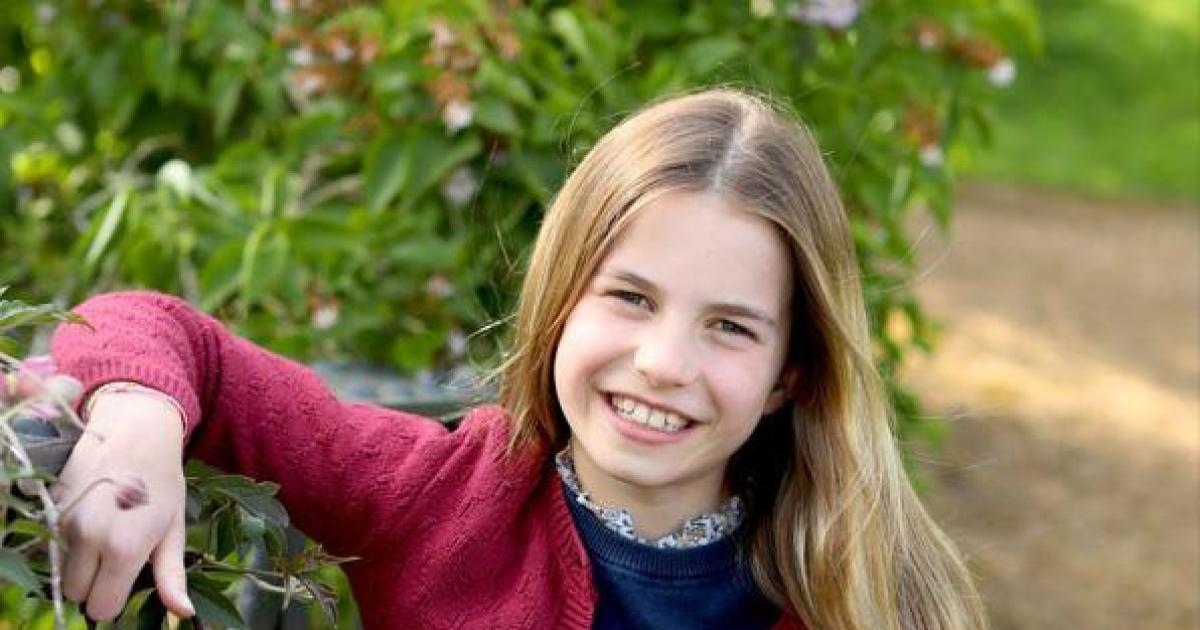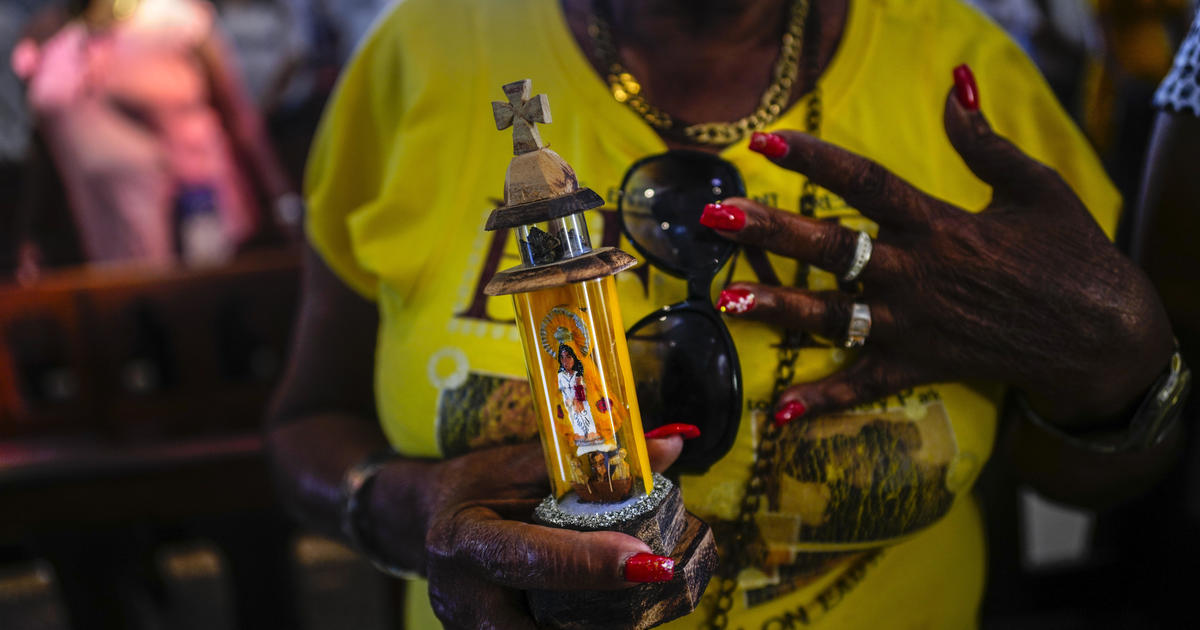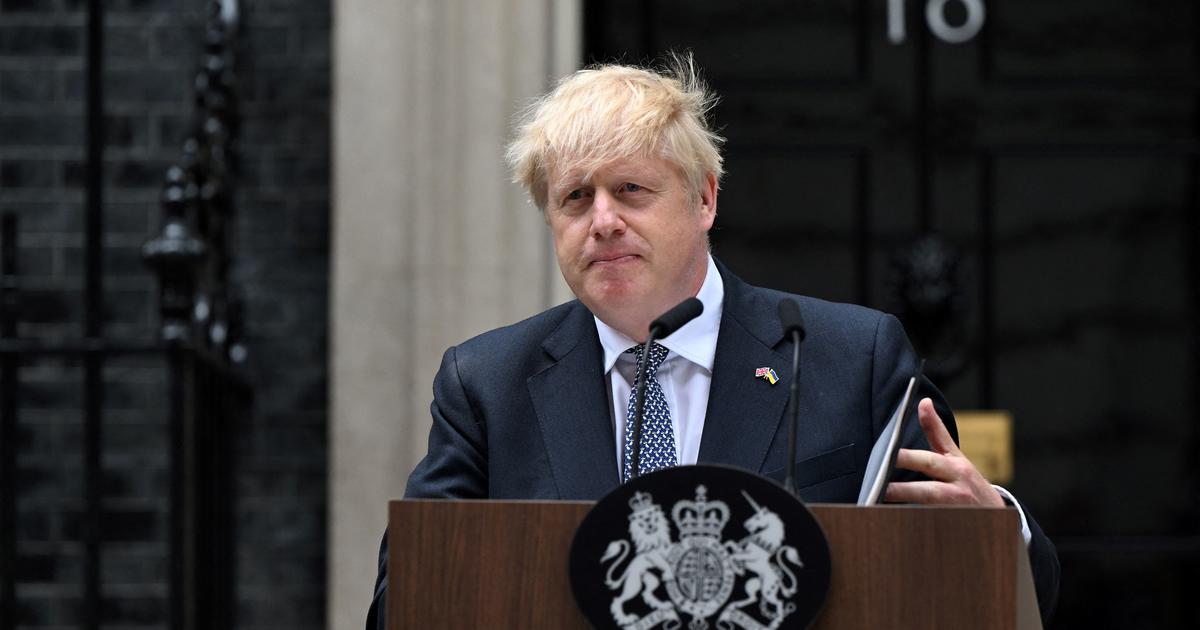Little boy abandoned in Egyptian church finally back with foster parents after yearlong battle
Cairo — It started as a family feud over a Cairo apartment, but descended into a national drama carried across Egypt's television airwaves. At the center of the saga is a little boy who was dragged through a custody battle framed by Egypt's unique rules on adoption, fostering and faith.
About five years ago, a Coptic Christian couple who'd been married for more than 25 years but couldn't have children of their own got a phone call from a priest. He said he'd found a newborn baby in the church's bathroom, and he wanted them to have the child.
The couple thought it was a miracle. They took the baby, forged a birth certificate and raised the boy as their own.
Four years later, the husband's niece, angry with her uncle over ownership of a home in Cairo, went to the police and told them that her uncle had kidnaped the boy. Crucially, she also said the boy was born to Muslim parents.
Police launched an investigation and ran a DNA test, which confirmed the boy is not the couple's biological son. The priest, the only person who could have testified about the events, had died.
The police took the boy away from the couple and placed him in an orphanage in February of last year.
"It is like he is in jail in the orphanage," Amal Ibrahim, the foster mother, told CBS News on Tuesday. "I have always had big hope in God… I trusted that God would reveal the truth. He is my son."
Under Egyptian regulations, a child of unknown parents is deemed Muslim by default, so the boy was renamed Yousef, instead of the Coptic name, Shenouda, which he'd been given by Ibrahim and her husband.
Adoption is not allowed in Egypt. Fostering is, but only by adults caring for children of the same faith. So, the Coptic couple were not eligible to foster the boy who had been declared Muslim.
The story swept across Egypt, and many people sympathized with the couple. They appeared regularly on TV and gained the support of prominent Egyptian writer and poet Fatima Naoot.
"I felt sympathy for the child, because I am a mother," Naoot told CBS News. "I felt so angry for the little boy going through all these dilemmas while he doesn't understand what's happening."
Naoot joined Ibrahim and her husband for TV interviews, helping them plead their case. She said she knew the boy's biological mother could be out there watching the drama unfold, but she still believed the foster mother was the best option for the little boy.
"One of them wants the boy and the other doesn't. That's a huge difference." Naoot told CBS News. "The biological mother is not mother enough."
As the foster parents gained support from the public, lawyers volunteered to help, and they soon took their case to court. After about six months, on March 18, an administrative court in Cairo said it couldn't rule in the case as it lacked jurisdiction, sapping the Coptic couple's hope of getting the boy back.
But then a few days later, on March 22, the highest religious authority in Egypt, Al-Azhar Al-Sharif, answered a query on one of its online platforms saying that a child with no parents should take on the faith of the people who find and care for them.
Given the influence Al-Azhar holds with Egyptian authorities, the foster couple found new reason to hope, and many believed the boy would soon be returned to them.
Then there was another plot twist.
The niece who initially reported the couple to the police appeared in a video saying she knew who the real biological mother was, claiming it was one of her cousins. The drama continued to play out on TV shows across Egypt last week, with new details and characters emerging all the time.
Finally, on Monday, a lawyer representing the couple, Naguib Gebrael, told CBS News the public prosecutor had conducted a new DNA test that proved the niece's cousin was not, in fact, the boy's biological mother.
The legal team submitted a new request for the boy to be returned to the couple, including Al-Azhar's statement and the church's testimony that the child had indeed been found in the church bathroom.
The North Cairo Prosecutor's office issued a decision Tuesday night that the boy should be returned to the couple. It also ordered the relevant authorities to issue a new birth certificate with a Christian name, Gebrael told CBS News. He will once again be called Shenouda.
Shenouda was reunited with his foster parents on Wednesday morning
"I was reborn again today. I wasn't alive, he brought life back to me again," Amal Ibrahim told local media at the emotional reunion. "He is the most precious thing to us."
